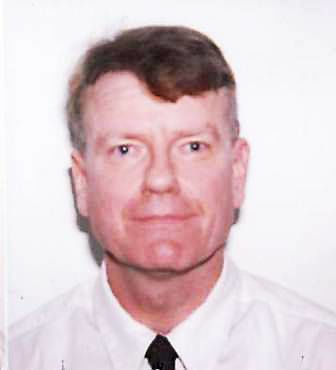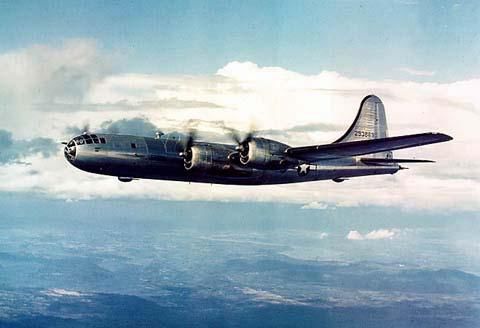In 1985, ABC aired a staged U.S. invasion of Japan to acknowledge the 40th anniversary of the U.S. dropping atomic bombs on Hiroshima (Aug. 6, 1945) and Nagasaki (Aug. 9, 1945). It was designed to draw the deliberate conclusion that more lives would have been lost in a U.S. invasion of Japan than had been lost in the carnage of the atomic bombs. The 80th anniversary is an occasion to set the record straight.
 John O’Neill
John O’Neill
Truth be told, the ABC dramatization was pure propaganda, void of facts and a low moment for broadcast journalism. But it’s undeniable that a majority in this country buy into the twin falsehoods that Japan was prepared for a war to the death and that the atomic bombs actually saved more lives than were lost. Conventional wisdom maintains that Japan was stubborn and determined not to surrender. What is overlooked in this specious analysis is that it was just a game of semantics surrounding Japan’s unwillingness to surrender. Words were important to Japan and Emperor Hirohito merely insisted on “termination of the war” rather than “surrender” to refer to the process.
But notwithstanding this fixation on words, Japan actually did succumb to the term “surrender” before the bombs were dropped. Indeed, by the time the mission over Hiroshima was launched, Japan sought only one condition: retention of its emperor. And the U.S. agreed to that condition after Japan’s surrender.
Moreover, consider the important conditions Japan relinquished. It had agreed to war crimes trials. And its concern over Soviet participation in the aftermath of the war was assuaged when Stalin was precluded from the resettlement of Japan (notwithstanding the Soviet agreement at the Potsdam conference the previous month to join the war effort against Japan). By the way, Japan had also agreed to relinquish its colonial possessions by the time the bombs were dropped.
We hear often that Japan was united in the principle of a war to the death with the U.S. Truth be told, at least half of the Japanese establishment was in favor of bringing the war to an end. As early as March 1945 (five months prior to deployment of the atomic bombs), Hirohito sought an end to the war. And as early as 1944 he was concerned that all out war with the U.S. would be the end of Japanese society. The civilian population was also pressing for an end to the war and the establishment feared a popular communist revolt stemming from the hardships of war, as was the case with Russia in 1917.
If Hirohito wanted an end to the war, why didn’t he implement a plan for peace? Like the monarchy in the United Kingdom, Japan’s regal establishment had a bureaucracy which could keep royal power in check. But by August 1945, the bureaucracy had also for the most part adopted a conciliatory position. Indeed, even those forces within Japan who still pledged to continue to war aimed only for one victory to enhance its post-war bargaining position. By 1945, Japan was united in the conclusion that victory over the U.S. was a mere fantasy.
Don’t get me wrong. No matter how President Harry Truman stood by his decision to use the atomic bombs, it was the fault of Japan. Truman had a right to insist on unconditional surrender and Japan was in no position to bargain. Tokyo and other Japanese cities were in ruins and morale was non-existent. Though asking to retain its emperor was a minimal condition to surrender, Japan was in no position to even ask for this small concession (which was soon granted after the war).
Of all Japan’s crimes, the worst was subjecting its own people to the horrors of atomic war. Moreover, the establishment in Japan had an idea of the destructive potential of the atomic bomb, as Nazi Germany had already attained knowledge of the bomb’s progress and the Germans shared intelligence with the Japanese.
Japan was not going to win the war and speculation that a U.S. invasion would meet with the same resistance mounted in previous campaigns isn’t realistic. And in any event, continuing the air raids and a blockade of Japan would have been enough to bring the war to an end. Our use of the atomic bombs was by no means a war crime. But it was a tragic mistake.
John O’Neill is an Allen Park freelance writer and a graduate of Wayne State University.


AloJapan.com